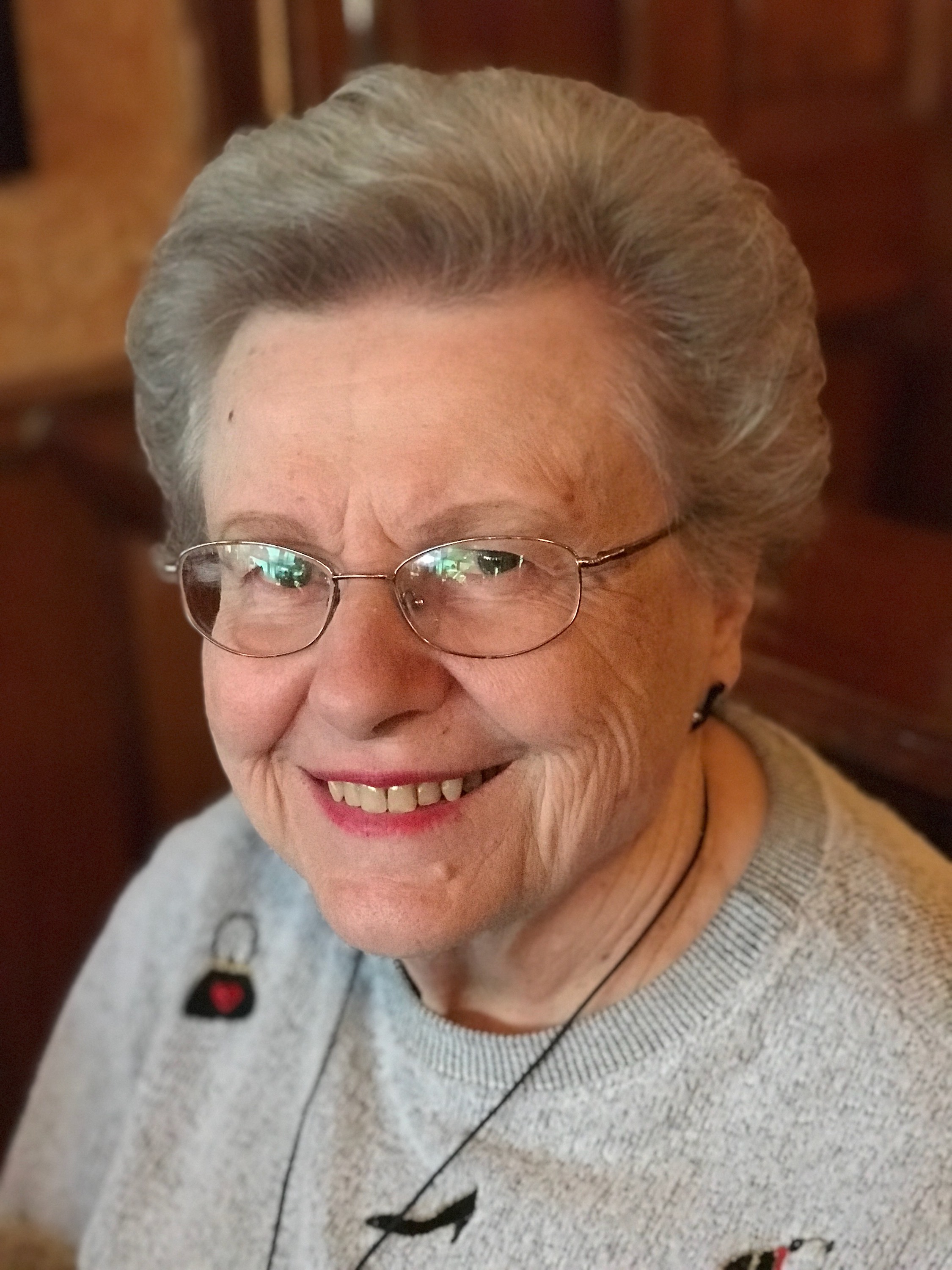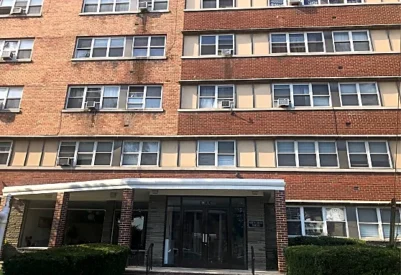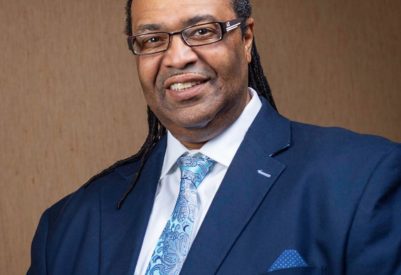
SOUTHWEST TRIBUNE
It was an honor to join Former Monroe County Legislator and now City Council Member LaShay Harris and Former Rochester City School District Administrator and Principal Dorothy Pecoraro, over a tasty meal at Boulevard Grill, 412 Empire Blvd.
I was overjoyed to finally meet Pecoraro, after hearing so much about her through Harris and other former students. The stories of her tenacity for teaching and unconditional love for students under her watch are bountiful. Harris’s phone could not stop ringing with former students of Pecoraro on the other end wanting to speak to her once they founded out, they were having lunch.
Hundreds of children that attended a school she was assigned to beginning in 1963 and ending well into the 21st Century, now as adults can vividly recall Pecoraro’s maternal approach, staunch leadership and willingness to go the extra mile.
Therefore, it didn’t surprise Harris when Pecoraro prodded her to have lunch, to receive an American flag engraved with Harris’s name, that was used in Mercy Bridges Field of Honor Ceremony, where over two hundred American flags decorates the lawn of Mercy Center to pay tribute to veterans, active members of the military, and first responders, such as police officers, fire fighters, and emergency responders.
Beyond Pecoraro’s beautiful honor to Harris, the evening continued with non-stop chatter of memories from Harris’s days as an Edison Tech student and Pecoraro’s as an educator and administrator.
Pecoraro started in the district in 1963 at Franklin High School as a language teacher in the Department of Foreign Languages.
“At that time, we had Spanish, Italian, German, Latin and French,” Pecoraro said. “I brought in a voluntarily class given twice a week after school that taught Madarin Chinese, through a partnership with a student attending the University of Rochester.”
It didn’t take long for the district to recognize Pecoraro’s knack to improve and employ innovation within her assigned departments.
In 1972, she became dean of students for nine years. And one year of the nine, she was acting vice principal at Jefferson. Shortly after returning from that interim position, she was transferred back to Jefferson to serve as principal, where she stayed for four years before serving as the principal of Edison.
“When I was at Edison, a great force was employed to get our students prepared and hired within Rochester’s Workforce,” Pecoraro hesitated. “But let me back up, when I was at Franklin and Jefferson because back then, the district made business partnerships and industrial arts courses priorities, where the children could get that experience.”
“The non-college mom has always been there,” Pecoraro continued. “Now everybody is saying you got to go to college. But everybody doesn’t want to go to college or needs to go to college for what they do, because they have particular skills and likes and attitudes to create things.”
For examples, she pointed to skills like film making or making parts that make things move using a series of gears.
“When I got to Edison it was a wonderful experience,” she recalled. “Our children had exploratory courses and after ten weeks, they move from clusters. They had aviation (pilot), HVAC, wood working, plumbing, automotive, masonry and welding and union services like food service, nursing and cosmetology. And our girls and boys took all of this. In automotive, the girls learn how to work on cars, and guys learned skills of a beautician in cosmetology,” she said.
We were a modern school back then training our kids for jobs in their communities.
After leaving Edison in 1992, Pecoraro ingenuity to innovate led to a position as director of the district’s School-to-Work-Transition program, that was accountable for all schools in the district.
The Rochester School-to-Work Transition Initiative introduces career opportunities and choices to students from pre-K through twelfth grade and beyond by preparing them for the workplace.
Pecoraro retired in 1996 but continued to work with children in the district through the Junior Achievement Program for eight years, before officially retiring in 2004.
"After I retired, they assembled a committee to redesign Edison,” Pecoraro said. “I wasn’t asked. They brought in consultants and others and suddenly it wasn’t the same school. They divided Edison into four different schools, but they didn’t work like a cooperative. Apparently, each were they own compared to the initial structure of Edison, where everybody was having the same experience.”
“A Tradesman have a lot of skills,” she continued. “They have a lot of interest as well as ability. And unfortunately, this has happened in urban public schools all over the country.”
And when it comes to the classroom, Pecoraro concluded that her thirty-three years of experience in the district has afforded her the wisdom to know that the success of every student needs a support system of family, neighborhood and school working together. And attendance must be near perfect.
“It has to be a drive within the city itself that education is the most important thing in a child’s life,” she said. “Everybody has to do their part in getting them fed and up and encouraging them when they say they can’t do it, yes you can, let’ try it together.”
“Parents or someone in the family has to be willing to be able to get them to reach success,” she invoked. “They don’t have to be straight-A students, but they have to be able to reason and communicate, speak and write. It’s everybody job to have the children themselves believe when they coming to school it’s just like coming to a job. You have work to do. You have a responsibility to be here, so you must be here every day. And if it’s some reason you’re not coming, we got to correct it." Article by Author Rodney Brown, executive director of Brown Publishing LLC and Southwest Tribune Newspaper





